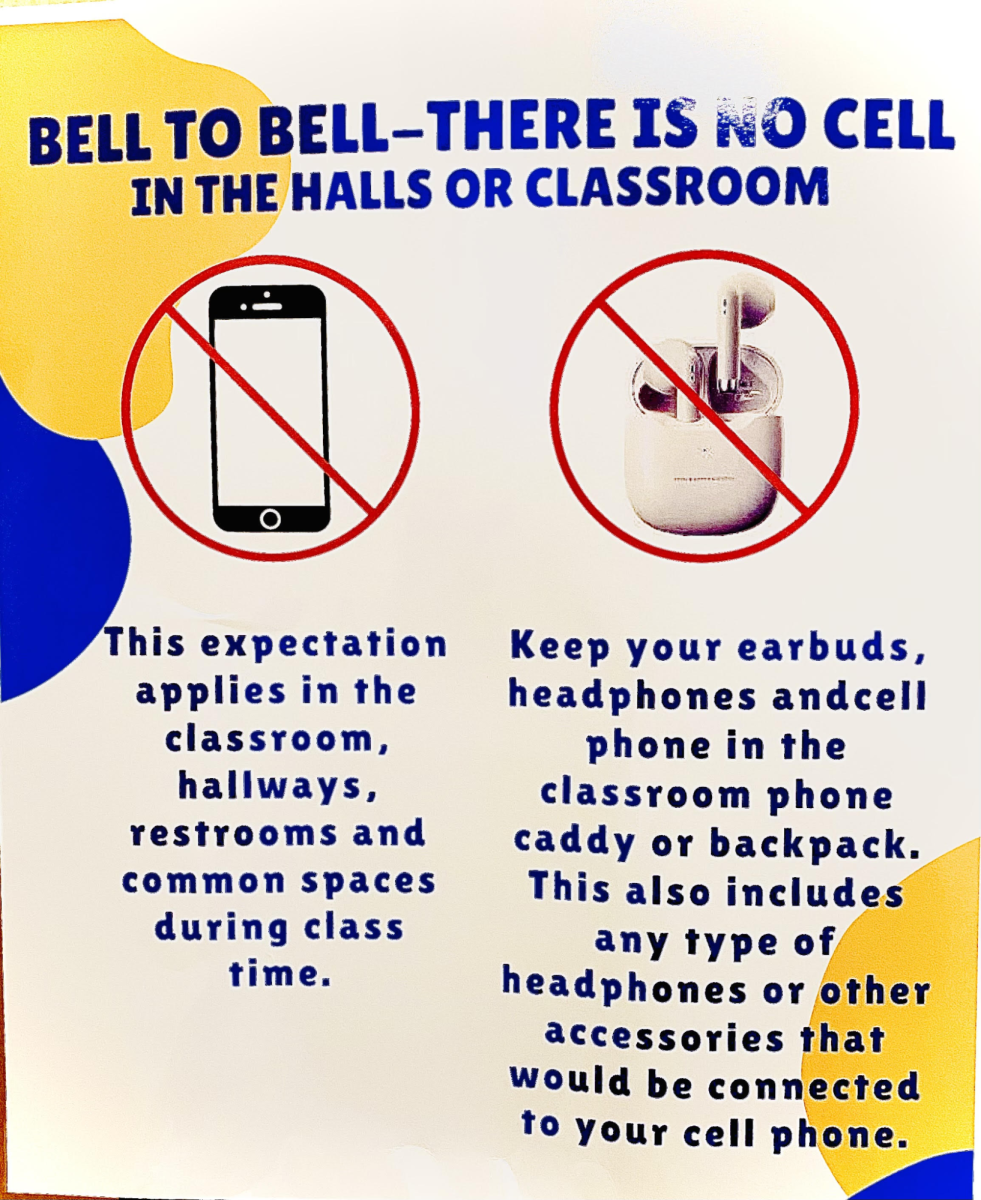Since the early 1950s, schools have offered Advanced Placement (AP) classes to high school students who want to be challenged with college-level work, providing the opportunity to earn college credit. Sam Barlow High School offers ten AP classes for students of all grade levels. AP classes can be a challenge for many students, but with the right motivation and preparation, students can excel in these courses. Overall, AP classes can be an enjoyable experience.
“You’re with like-minded students who see that education offers opportunities that open doors that otherwise might not be there,” illustrates Mr. Kirstein, who teaches AP Human Geography, a class for freshmen that can be a good introduction to AP.
AP classes, although they may be intimidating, can be beneficial. Mrs. Moffat, who teaches AP Language and Composition, notes there are many advantages to AP classes. “You can earn college credit and save money. You can go at a faster pace than non-AP classes. You can be with other students that are excited about learning and want to be challenged.” Being in an environment with students who have the same goals can be advantageous and lead to success.
For students in their first year of an AP class, it can feel overwhelming, but it doesn’t have to be that way. “You have to be dedicated and understand that you are making a significant academic commitment to get your work done,” comments Mr. Kirstein.
Students need to start the year off strong in their AP classes to get what they want out of the class. “Be an active learner and stay motivated,” notes Mr. Bridgnell, who teaches AP Chemistry. Students need to understand that they must stay focused and engaged from the first day of class to the last.
Teachers can play a crucial role in ensuring students’ success in their AP classes. “I look at every single piece of paper that I get,” explains Mr. Kirstein. “If I see errors or deficiencies, or lack of understanding, I might ask that student to come talk with me.” Teachers are more than willing to spend time going over concepts that students don’t understand to make sure no one falls behind. “I try to give students as many resources as I can,” says Mrs. Moffat.
It’s never too early to begin thinking of ways to prepare for AP exams in May, even if it’s just little things. Anything you do can be valuable in helping you be fully prepped on the day of the exam. “Practice consistently and use AP practice tests,” describes Mr. Bridgnell. Many students don’t begin preparing for their AP exam until a month before or later. The earlier students begin to prepare, the less stress they will feel as the test nears.
Mrs. Moffat explains that she wishes students knew that AP classes really do help students prepare for college. “The higher level work is gonna help you later, because then college won’t feel so hard. When you get there, it will just be like, oh, well, this is like high school, just a little bit more.”
No matter what AP class you are taking, following these tips will help you succeed in the class and on your AP exam.








